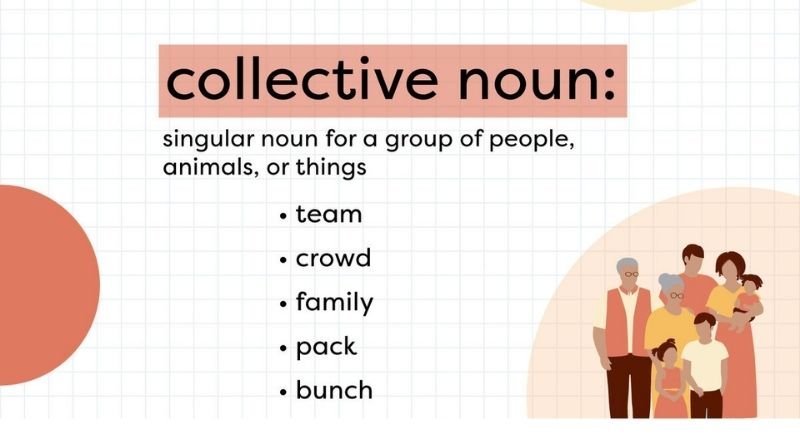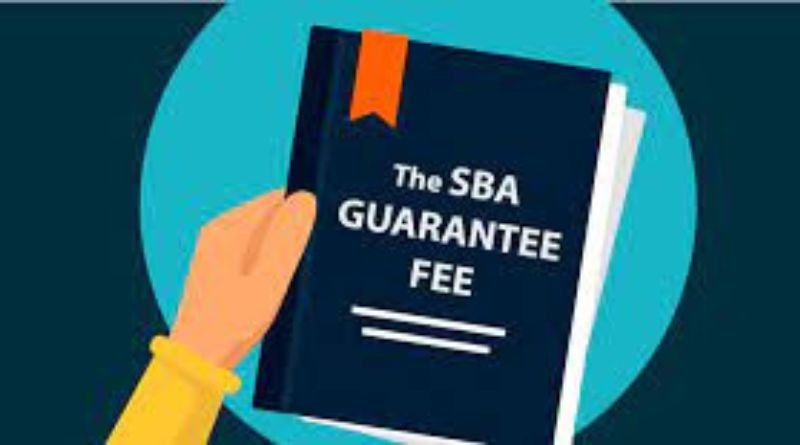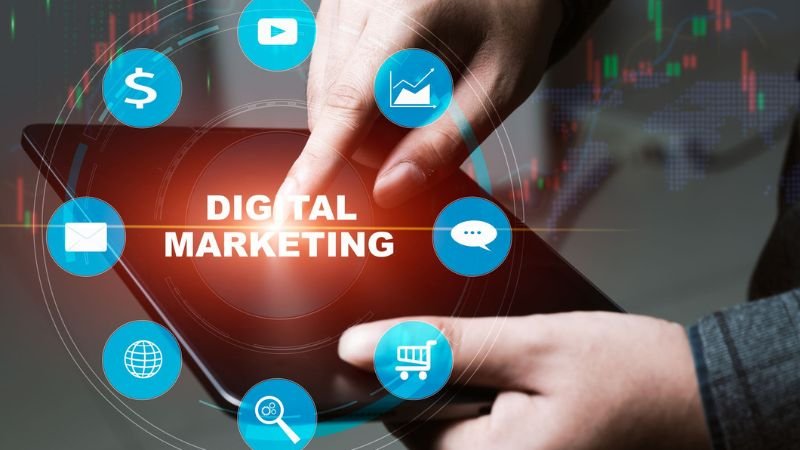SBA Guarantee Fee: What Is It and How Does It Affect You?
If you’re thinking about starting your own business, you may have heard of the SBA or the Small Business Administration. What does the SBA do? Why do you need it? And what does the SBA guarantee fee have to do with it? Let’s take a look at this business-related acronym so that you know what you’re getting into when you hear it.
The History of the SBA 7 (a) Guarantee Program
The SBA 7(a) program is the most popular small business loan program in the United States. The program is named after section 7(a) of the Small Business Act, which authorizes the agency to provide financial assistance to small businesses. There are four types of loans available through this program: working capital, long-term financing, disaster loans, and management training programs.
Things You Should Know About the SBA (Guarantee Fee)
The SBA Guarantee Fee is a fee the Small Business Administration (SBA) charges on all 7(a) loans. The purpose of the fee is to cover the cost of defaulted loans. The SBA charges a percentage of the loan guarantee, which is based on the size of the loan and how it deals with people.
Timing is Everything
The SBA charges a guarantee fee on all 7(a) loans it guarantees. The fee is calculated as a percentage of the total loan amount and is paid to the SBA by the lender at the time of loan approval. The current guarantee fee for 7(a) loans is 3% for loans of $150,000 or less and 3.5% for loans greater than $150,000. For example, on a $500,000 loan, the guarantee fee would be $17,500. For this reason, the larger your loan, the more likely you are to have higher fees which will affect your ROI (return on investment).
The good news is that you can still apply for loans with high guarantee fees if they meet your needs and work within your budget. But make sure you compare other lenders’ rates before making a decision.
Finally, remember that there are always exceptions so be sure to ask about potential fees before taking out any type of business loan.
Your Two Options When Dealing with an SBA Loan
The SBA offers two different types of loans, each with its own guarantee fee. The first is a 7(a) loan, which is the most common type of SBA loan. The second is a 504 loan, which is used for larger projects such as real estate or equipment purchases. For both types of loans, the lender will ask you to pay a guarantee fee based on your income level. If you make less than $100,000 per year then you’ll pay 1% of your gross income annually to use an SBA loan. If you make more than $100,000 per year then you’ll have to pay 2% of your gross income annually for using an SBA loan.
Who Qualifies for an SBA Loan?
SBA-guaranteed loans are available to for-profit businesses of all sizes and many non-profit organizations. There are several key factors that will determine whether or not your business qualifies for an SBA loan, including how it deals with people, its financial history, and the purpose of the loan. Additionally, if you are a for-profit company, you must have at least one employee who has been employed by the company for at least one year. If you’re a nonprofit organization, then you must have been in operation for at least two years. For example, if you’re seeking financing to purchase land on which to build your business or equipment as part of a major expansion project, this would qualify as a working capital loan and is considered a viable option by the SBA.
The Five Steps to Getting Approved for an SBA Loan
- Know what the SBA Guarantee Fee is
- How it deals with people
- How to get approved for an SBA Loan
- Follow the proper steps
- Have a business plan in place, including personal financial information.











